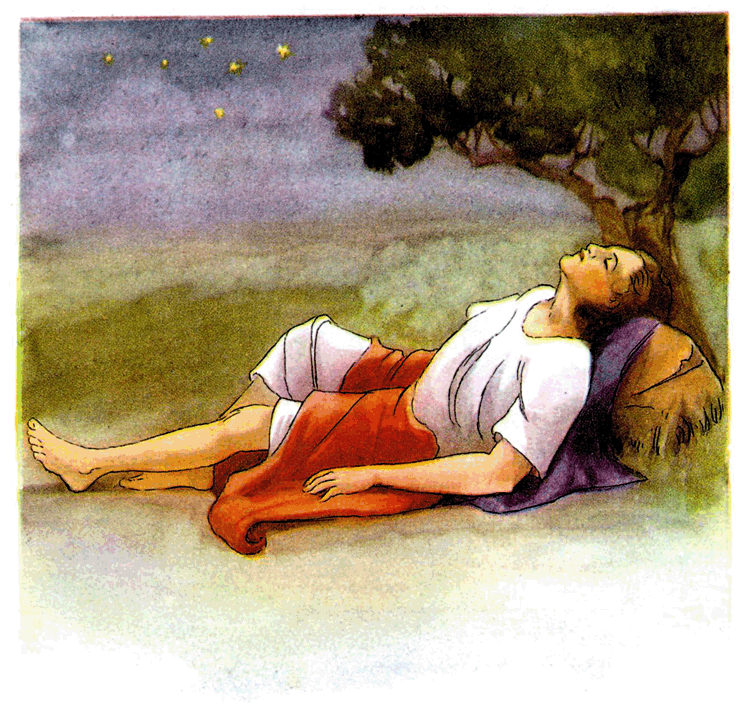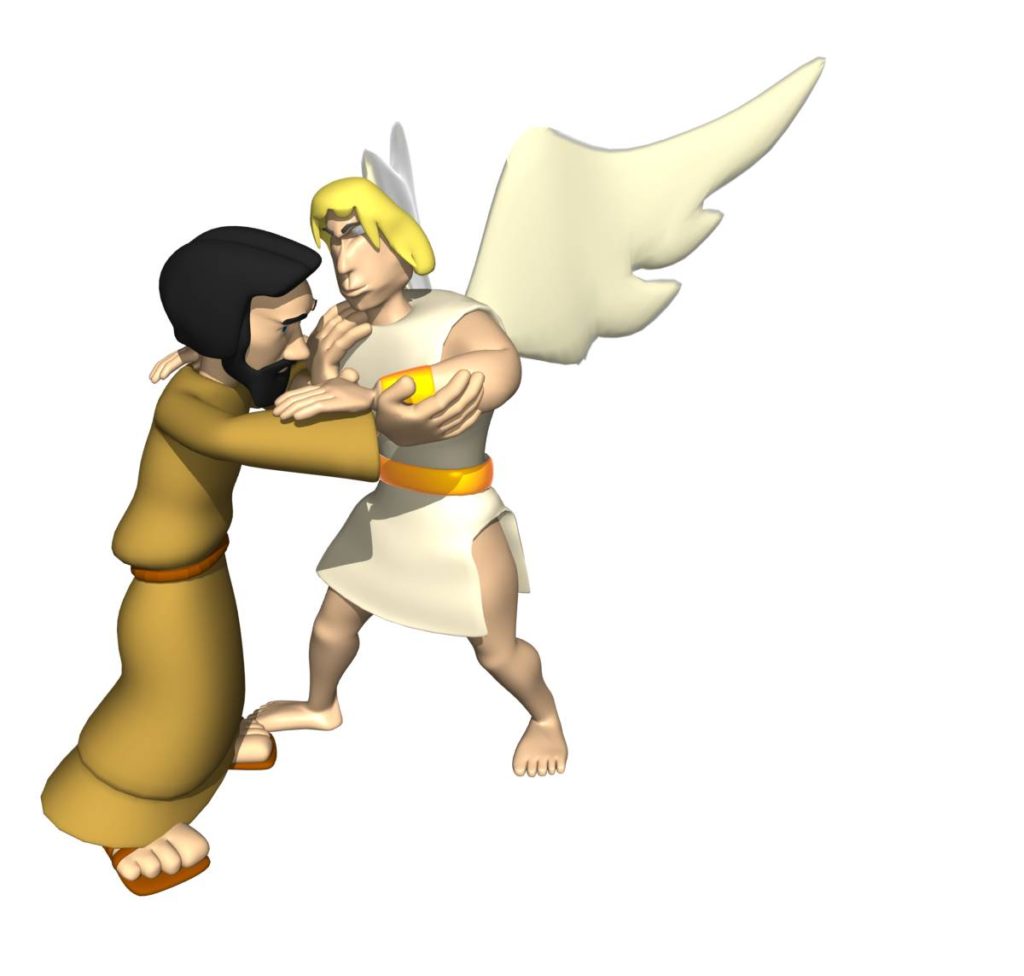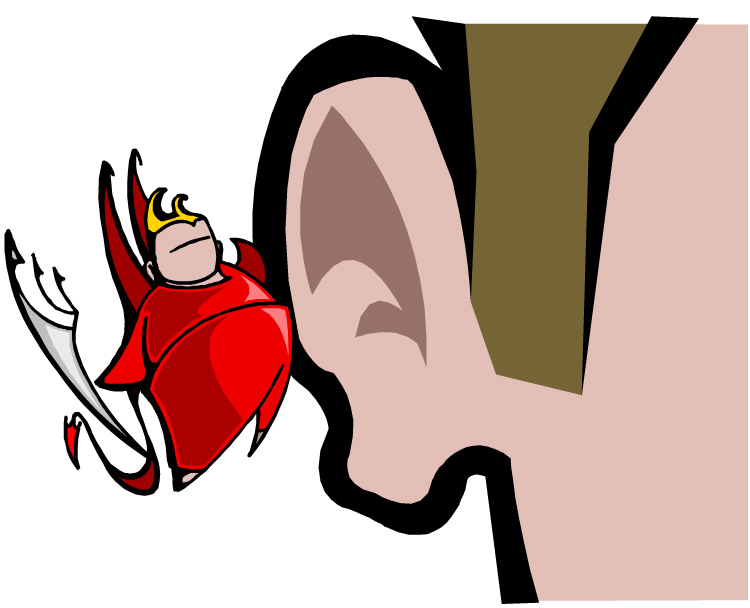
Psalm 61:2, Rock that is higher. When our heart affections and spiritual focus is on something that is higher, loftier and more solid and substantial than ourselves, then our focus will naturally be higher than ourselves and we will be elevated in all areas of our lives as a result.
Conversely, when our focus is on something that is at the same level or lower than ourselves, then we will sink to that level.
This is a fundamental difference between following or worshipping Baal (the world, flesh and the devil) versus following or worshipping Elohim: the former is the downward path that leads to spiritual death and separation from Elohim, while the latter is the upward path that leads to Elohim and eternal life in his presence The choice is ours as to which path we will take. Every day we are faced with many small and sometimes large decisions as to which direction we will go. Choose wisely and do the right thing by choosing the path that will bring blessing and life!
Psalm 61:4, Tabernacle…shelter of your wings. Over the mercy seat on the ark of the covenant were the over-shadowing wings of the two cherubim, which is representative of Elohim’s throne and glorious Presence on earth (see Isa 37:16; Ezek 10:1–22; 11:22–23). It was in this place of intimate worship before the “Rock that his higher than me” (verse 2) that David sought shelter or refuge and deliverance from his enemies (verse 3).
Biblical phrases such as, “under the shadow of your wings” is a Hebraism meaning “before YHVH in the place and state of worship” (see also Pss 17:8; 36:7; 57:1; 63:7; 91:1, 4).
It was also in this place—between the cherubim—that Moses heard the voice of Elohim (Num 7:89), and that David would see the power or might strength and glory or manifest Presence of Elohim in a prophetic, ecstatic or spiritual vision (Ps 63:2).
As saints of YHV Elohim, we can come into his presence, into this actual throne room (as represented by the holy of holies in the Tabernacle of Moses through our spiritual relationship with Yeshua our Messiah, Master and Savior.
Therefore, brethren, having boldness to enter the Holiest by the blood of Yeshua, by a new and living way which He consecrated for us, through the veil, that is, His flesh, and having a High Priest over the house of Elohim, let us draw near with a true heart in full assurance of faith, having our hearts sprinkled from an evil conscience and our bodies washed with pure water. (Heb 10:29–22)
Let us therefore come boldly to the throne of grace, that we may obtain mercy and find grace to help in time of need. (Heb 4:16)







